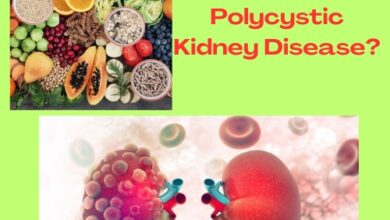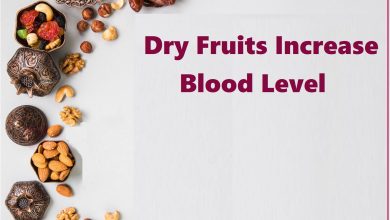Eating too much sugar may accelerate cellular aging

According to recent study, women’s biological ageing rates may be slowed by eating a diet high in nutrients and low in added sugars.
Researchers discovered that middle-aged women who consumed more foods high in vitamins, minerals, and antioxidants had “younger-looking” cells compared to those who had less nutrient-rich diets. The study was published on Monday, July 29, in the journal JAMA Network Open.
They assessed the youthfulness of cells by examining chemical markers on the surface of DNA molecules called methyl groups. This is referred to as epigenetic modification—tweaking the activity of particular genes without changing the underlying DNA coding. As humans age, the pattern of these methyl groups alters, which is thought to have a role in accelerated cellular ageing.
Diets high in nutrients were linked to delayed ageing, but the effect was mitigated by additional sweets.
Even though the ladies in the study had a generally healthy diet, they revealed evidence of accelerated cellular ageing in comparison to those who consumed higher levels of added sugars. The term “added sugars” describes sugars that are not naturally present in milk, fruits, or vegetables; rather, it refers to sugars that are added to food during manufacture, such as those in baked goods and drinks with added sugar.
According to the authors, the new study is among the first to show a connection between eating additional sugar and what is known as “epigenetic ageing.” They added that it is the first study to look into this connection in middle-aged Black and White women. The average age of the participants was 39 years old.
“We knew that high levels of added sugars are linked to worsened metabolic health and early disease, possibly more than any other dietary factor,” Elissa Epel, a psychiatry professor at the University of California, San Francisco, who is also a co-author of the study, statementd.
“Now we know that accelerated epigenetic ageing is underlying this relationship, and this is likely one of many ways that excessive sugar intake limits healthy longevity,” she stated.
Epel and associates examined the meal logs that 342 women had kept over the course of three separate days. The team then assigned a score to each woman’s diet according to how closely it followed several pre-established diets. Among them was the Mediterranean diet, which is low in sugar, red meat, and saturated fats and high in vegetables, whole grains, and unsaturated fats. The Alternative Healthy Eating Index is a different, comparable diet that places more emphasis on foods and nutrients that are thought to lower the risk of chronic illness.
Additionally, the researchers developed a brand-new nutrient consumption indicator known as the “Epigenetic Nutrient Index.” This comprises nutrients connected to the body’s anti-inflammatory and antioxidative pathways as well as DNA preservation and repair. For instance, it contains magnesium, folate, and the vitamins A, C, B12, and E.
The researchers scored people’s diets as well as the amount of additional sugar the ladies consumed, which varied from 0.1 to 11 ounces (2.7 to 316 grammes) per day. Using saliva sample DNA methylation, the researchers estimated the participants’ epigenetic ages.
These findings demonstrated the connections between cellular ageing and food, but they were merely a snapshot.
The results provide credence to the notion that consuming wholesome meals low in added sugars may lengthen a person’s health span—that is, the amount of time they spend living a healthy, rather than merely surviving—in life.
In their publication, the scientists noted that further investigation is necessary to determine the potential long-term effects of these diets on epigenetic ageing.
This page is not intended to provide medical advice; rather, it is designed to be informative only.




